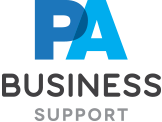When it comes to buying data for your business, I think we can all agree that it sometimes feels a bit naughty. The perception is that you are ‘spamming’ people who have literally no control over whether you contact them or not. By purchasing their details, you haven’t asked permission, but might still get some business from it nonetheless.
The thing is, if used correctly, it can definitely be effective.
The biggest problem you face (other than your conscience…) is that the market is inundated with suppliers who have substantial packages on offer. Each of these companies will look to make guarantees on the validity and value of the information they are selling you. In amongst the black market traders, how can you be sure that what you are purchasing will be right for your business, and that the people you target won’t just feel abused.
The key is to develop a strategy. To do this takes several steps but is definitely a worthwhile exercise. If you can ensure that your money is being invested in the right way, and that you prevent people from getting annoyed, then it can be a magical tool.
Hone your Target Audience
If you are vague on who you are looking for, it is very likely that the leads you get will be less qualified than you might hope. Try and pinpoint an exact location radius, or target businesses with a specific turnover. Maybe the service or product you provide requires a certain number of employees to be integrated, or you are looking at a very precise age bracket. Once you are able to establish what the characteristics of your target audience are, it then becomes easier to refine your search and find your potential customers. It also means that the people who receive your email might actually be interested too.
Dedicate a Budget
If you intend to buy data, then you must set aside an appropriate budget. Rather than just putting the task under the generic title of ‘marketing’, you should really try and understand what you want your ROI to be and how much you need to spend to achieve it. It is easy to get out of hand with buying data, so if you have a specific budget in mind, it enables you to negotiate without worrying about overspending. Being this restrictive will also help with selecting your audience, as you will just target the right people.
Shop Around
There are a number of industry and sector specific data providers. If that is something you are keen on, then it pays to check them out individually. If they already know a lot about the market you are in, it should mean they can find you very specific leads.
On the other hand, with an industry specific provider, you may just get the same package as all of your competitors and not something tailored to you, something a more general provider would offer. Always ask for a proof of concept to validate the data quality too. You can then analyse their track record and make a more informed decision.
Use the Data Properly
There are not many things more frustrating than when we meet a client who has a pristine, highly refined mailing list but does nothing with it. Whatever your chosen marketing channel, be it digital through an email campaign, or even offline through targeted distribution of printed materials, tailor what you create to the data you acquire. Without engaging content or attractive design, there is no incentive for the recipient to get in touch, and your money is therefore wasted.
Yes, buying data can feel like a sordid business. But if you are respectful, and target people who might actually be interested in buying, then it can truly make a difference to your business. At PA Business Support, we have developed relationships with a number of highly impressive data providers that we would be happy to recommend. Just get in touch and let us know what your strategy is so we can direct you to the ideal supplier.




